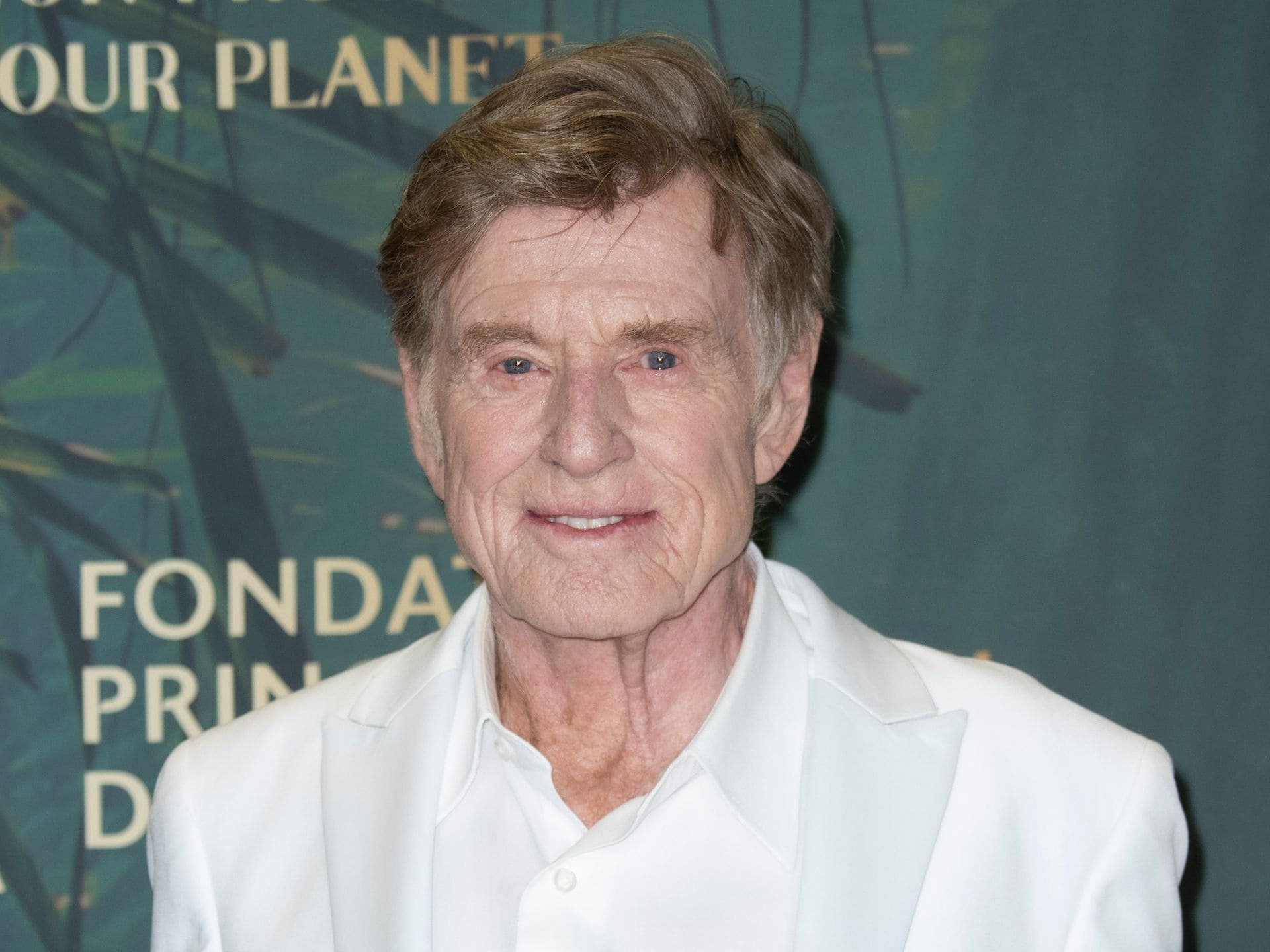Robert Redford: A Hollywood Legend and Independent Cinema Pioneer, Dead at 89
Robert Redford, the golden-haired leading man who captivated audiences in Butch Cassidy and the Sundance Kid and All the President’s Men, and who went on to redefine American cinema by championing independent filmmakers through the Sundance Institute and Film Festival, has died at his home in Utah. He was 89.
For more than half a century, Redford embodied a rare blend of Hollywood star power, social conscience, and creative vision. His career bridged eras, from the waning days of the studio system to the rise of auteur directors and the flourishing of independent voices. Whether on screen, behind the camera, or shaping culture as an entrepreneur, he left an indelible mark that continues to influence generations.
The Early Years and Hollywood Stardom
Born Charles Robert Redford Jr. on August 18, 1936, in Santa Monica, California, he grew up in modest circumstances. After a short stint at the University of Colorado, he pursued art studies in Europe before turning to acting in New York. His Broadway debut in Tall Story in 1959 hinted at the charisma that would soon captivate movie audiences.
Redford’s breakthrough came with Barefoot in the Park (1967), opposite Jane Fonda, where his easy charm and clean-cut looks made him a natural romantic lead. But it was Butch Cassidy and the Sundance Kid (1969) that cemented his stardom. Teaming with Paul Newman, Redford played the charming outlaw Sundance, creating one of cinema’s most iconic duos. His windswept hair, mischievous smile, and relaxed masculinity defined a new archetype of the American leading man.
Throughout the 1970s, he remained a bankable star, headlining hits such as The Sting (1973), The Way We Were (1973), and Three Days of the Condor (1975). In All the President’s Men (1976), he portrayed journalist Bob Woodward, helping dramatize the Watergate scandal and reinforcing his reputation as both entertainer and socially engaged artist.
From Actor to Filmmaker
By the 1980s, Redford sought to expand beyond acting. He directed Ordinary People (1980), a searing family drama that won four Academy Awards, including Best Picture and Best Director for Redford. The film’s quiet, devastating honesty revealed his talent for guiding actors and his commitment to nuanced storytelling.
Other directorial efforts followed, including A River Runs Through It (1992) and Quiz Show (1994), both critically acclaimed. As a director, he showed restraint, empathy, and an eye for moral complexity — qualities that distinguished his work from the flashier Hollywood blockbusters of the era.

Founding the Sundance Institute and Festival
Perhaps Redford’s most lasting contribution was the creation of the Sundance Institute in 1981. Born from his frustration with the commercial pressures of Hollywood, the nonprofit organization was designed to support emerging filmmakers with workshops, mentorship, and resources. From it grew the Sundance Film Festival, held annually in Park City, Utah.
What began as a small gathering in the snow has grown into the premier showcase for independent film worldwide. Sundance launched the careers of directors like Steven Soderbergh, Quentin Tarantino, Ava DuVernay, and Ryan Coogler, while giving audiences early glimpses of landmark films such as Sex, Lies, and Videotape, Little Miss Sunshine, Get Out, and Whiplash. Redford’s vision gave voice to stories that might otherwise have gone unheard, democratizing filmmaking and expanding the cultural conversation.
Activism and Environmentalism
Beyond cinema, Redford was a dedicated activist. He championed environmental causes long before they became mainstream, supporting organizations that protected public lands, clean air, and wildlife. He lent his voice and resources to Native American rights, climate change awareness, and progressive political movements.
He frequently used his celebrity platform to advocate for causes he believed in, never shying away from controversy if it meant advancing dialogue on issues of justice and sustainability. In recognition of his activism, President Barack Obama awarded him the Presidential Medal of Freedom in 2016.

Later Career and Final Roles
Even into his later years, Redford remained active onscreen. He appeared in films like All Is Lost (2013), a nearly wordless survival drama that earned him critical praise, and The Old Man & the Gun (2018), which he suggested would be his final acting role. In both, he demonstrated the quiet magnetism and emotional depth that defined his career.
Although he stepped back from acting, his influence never waned. The Sundance Institute continued to thrive, and his name remained synonymous with artistic integrity and creative independence.
Legacy
Robert Redford’s legacy extends beyond the films he made or the characters he portrayed. He was a builder — of institutions, of opportunities, of movements. He reimagined what Hollywood could be, opening doors for outsiders, amplifying diverse voices, and proving that commercial success and artistic integrity need not be mutually exclusive.
He was also a man of immense contradictions: a matinee idol who distrusted celebrity, a Hollywood insider who built a haven for outsiders, and a fiercely private figure who nevertheless shaped public culture. These tensions made him not only a star but also a visionary whose influence endures.
Remembering Redford
As news of his passing spreads, tributes are sure to flow from across the worlds of film, politics, and activism. For audiences, the images remain unforgettable: Redford and Newman on a bicycle in Butch Cassidy; Redford typing furiously as Woodward in All the President’s Men; Redford alone at sea in All Is Lost. Each moment reflects not just a performance but a philosophy — that storytelling matters, that integrity matters, that art can change the world.
At 89, Robert Redford leaves behind a towering body of work and a living institution in Sundance that will continue to inspire future generations. His passing marks the end of an era, but his spirit — independent, daring, compassionate — will endure on screens and in hearts for decades to come.